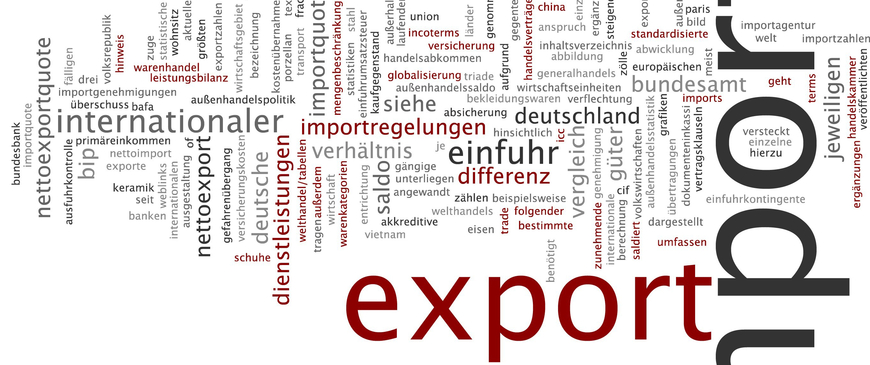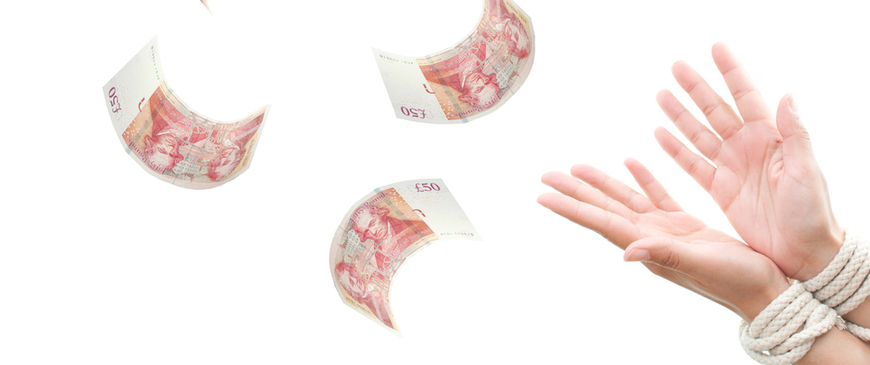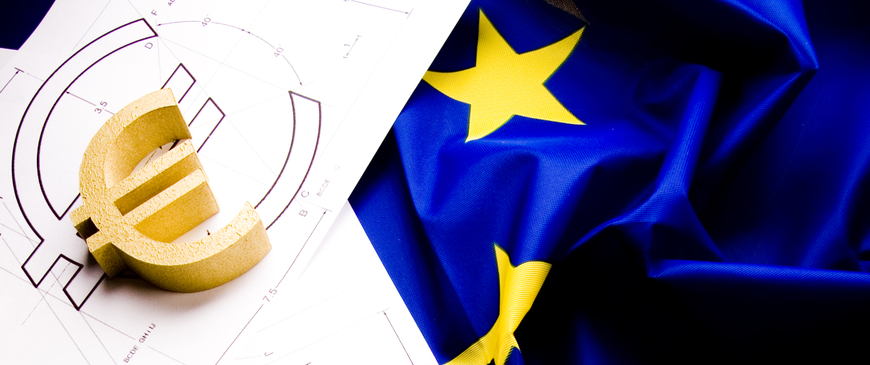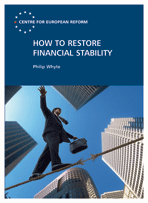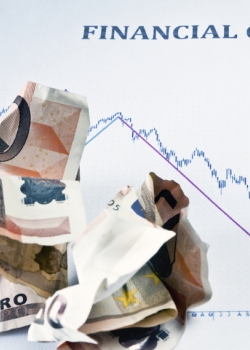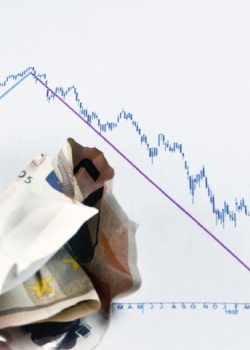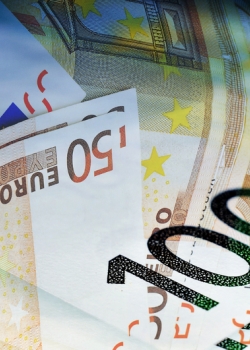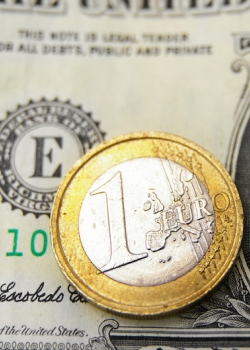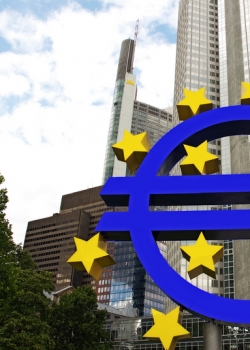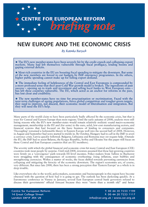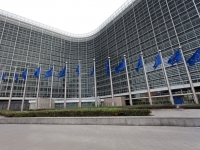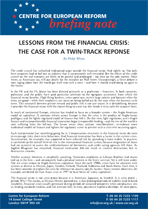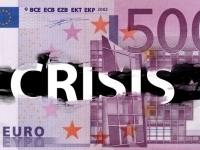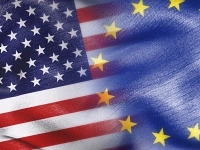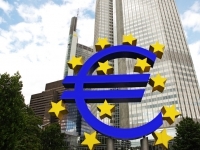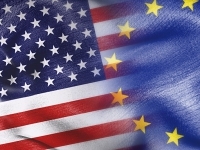Economic growth
How to restore financial stability
12 January 2010
In 2008, the global financial system came close to collapse. Ever since, policy-makers have been busy overhauling the way it is regulated and supervised. Will this flurry of activity produce a more stable financial system – and if it does, at what cost?
Rocky road back to growth
14 December 2009
There is no doubt that governments had to take exceptional steps in response to the financial crisis. Without such unprecedented action, many economies would have slipped into slump and probably deflation.
Sharing the burden of a weaker dollar
01 December 2009
The eurozone has suffered a deep recession – bigger than the US and about as bad as that in the UK. Public finances across the eurozone have worsened dramatically, and in some cases now look perilous.
What Eastern Europe can learn from the crisis
11 November 2009
It is 20 years since the Berlin Wall crumbled and political and economic freedom started spreading through Eastern Europe. Today, however, the region is mired in deep recession.
Europe's imbalanced response to the financial crisis
01 October 2009
Since last year, politicians and regulators across the G20 have been hard at work trying to place the international financial system on a more stable long-term footing. Many critics believe they are not doing enough.
Talk of 'exit' is premature
22 September 2009
The governor of the Bank of England (BoE), Mervyn King, has had a mixed financial crisis. He assumed that financial stability flowed from monetary stability – which we now know is not the case – and was very slow to recognise the extent of the crisis.
The G20 summit – a distraction?
03 April 2009
The good news first. The summit delivered more than expected. The trebling of the funds available to the IMF goes well beyond anything expected and is very welcome.
Europe's flagging response to the financial crisis
01 April 2009
Since the 1980s, many of the largest economies in the EU have developed unenviable reputations for protracted economic downturns followed by sluggish recoveries.
In the name of EU solidarity
01 April 2009
Is a new iron curtain threatening to divide the European Union? Hungary’s prime minister, Ferenc Gyurcsany, raised the spectre last month, when he warned that the eastern members were descending into economic mayhem while the richer EU countries were looking on unsympathetically.
The Europeans at the London summit
01 April 2009
Christine Lagarde, the French finance minister, threatens to walk out of the London G20 summit unless France gets its way on tougher financial regulation. The toppled Czech Prime Minister, Mirek Topolanek, who happens to hold the EU presidency, describes the US fiscal stimulus as “the road to hell”. Not one EU leader deems it necessary to support Gordon Brown publicly when he tries to drum up support for a more concerted international effort to revive the global economy.
The real G20 agenda
13 March 2009
Finance ministers from the G20 countries are meeting in London this weekend to prepare for the global economic summit at the start of April. Expectations are high. But what will the summit be about?
New Europe and the economic crisis
02 February 2009
The EU's new member-states have been hit hard by the credit crunch and collapsing export markets. The Central and East Europeans sense that their post-Cold War growth model – consisting of liberalisation and EU integration – is broken.
The Commission's economic forecasts are still too complacent
07 November 2008
On the face of it, it appears churlish to accuse the Commission of complacency when it is forecasting no growth in the eurozone economy in 2009 and a deep recession in the UK.
Lessons from the financial crisis: A twin-track response
05 November 2008
The credit crunch has unleashed widespread anger outside the financial sector. And rightly so. Not only have taxpayers had to bail out an industry that is uncommonly well rewarded. But the effects of the credit crunch on the real economy are likely to be painful and prolonged – not least on the jobs market.
Another Great Depression?
15 October 2008
Many observers have drawn parallels between the current economic crisis and the Great Depression of the 1930s. However, the stock market collapse of 1929 did not directly cause what turned out to be the deepest and most prolonged recession of modern times, ultimately ending in the Second World War.
Scapegoating the US lets others off too easily
02 October 2008
Huge amounts have been said about the consequences of the credit crunch for the US and UK economies. They undoubtedly face major adjustments, and several years of very weak economic growth.
In defence of Anglo-Saxon capitalism
29 September 2008
Those who never liked ‘Anglo-Saxon’ capitalism are feeling smug. Marxists, fans of ‘Rhineland’ capitalism and those who simply cannot stand American power are crowing.
Issue 61 - 2008
25 July 2008
- Three scenarios for the Lisbon treaty, Charles Grant
- A new European mercantilism?, Simon Tilford
- The next US president should forget the League of Democracies, David Hannay
Eurozone economic outlook: Too much complacency
03 April 2008
A year ago the prospect of the dollar falling to 1.60 against the euro would have brought on cold sweats across Europe. Yet, here we are and there is no sense of crisis.


